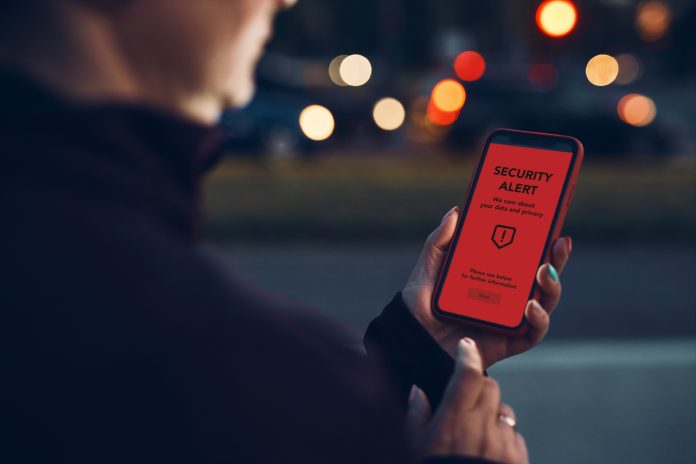Key Takeaways
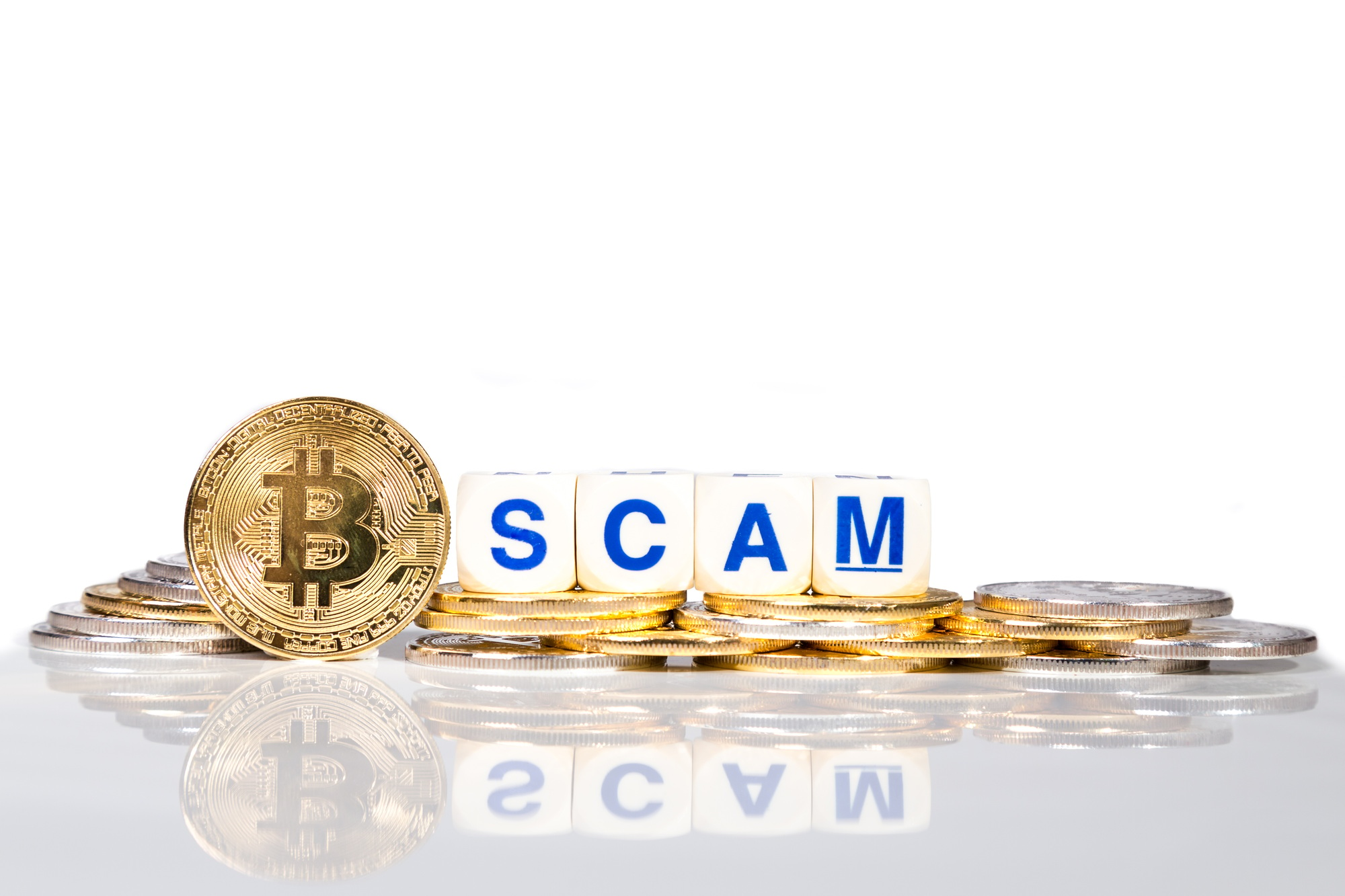
- Understanding Cash App Scams: Recognize that Cash App scams pose significant risks by exploiting the app’s convenience for financial theft and personal data compromise.
- Common Scams: Be aware of types of scams such as fake customer support calls, phishing attempts, and fraudulent payment requests that can mislead unsuspecting users.
- Enhance Security Measures: Activate two-factor authentication and use advanced security features like Security Lock to protect your Cash App account from unauthorized access.
- Verify Requests: Always double-check payment requests for legitimacy, particularly when they come from unknown contacts or appear unusual.
- Educate and Report: Training yourself and employees about potential scams can safeguard your business. If scammed, report the incident immediately to Cash App support for assistance.
In today’s digital age, managing your finances through apps like Cash App has become incredibly convenient. However, this ease of use also attracts scammers looking to exploit unsuspecting users. With a few taps on your phone, you could fall victim to various Cash App scams that can drain your account and compromise your personal information.
Understanding these scams is crucial for protecting yourself. From fake customer support calls to phishing attempts, scammers are constantly evolving their tactics. By staying informed and recognizing the warning signs, you can safeguard your money and enjoy the benefits of Cash App without fear. Let’s dive into the most common Cash App scams and how you can avoid them.
Overview of Cash App Scams

Cash App scams continue to pose significant risks for users, including those running a small business. Scammers exploit the convenience of Cash App to steal funds and personal information. Familiarity with common scams helps protect your financial interests.
Common Types of Cash App Scams
- Fake Customer Support Calls
Scammers impersonate Cash App representatives. They claim to offer help or refunds to gain access to your account and steal your money.
- Phishing Attempts
You may receive emails or texts that look legitimate but prompt you to share personal or financial details. Always verify the source before clicking on any links.
- Payment Request Scams
Scammers send fake payment requests, often offering enticing deals. If you approve the request, you may unwittingly authorize a transaction to a fraudster.
Protecting Your Business from Scams
- Enable Two-Factor Authentication
Adding this security feature adds an extra layer of protection against unauthorized access.
- Verify Transactions and Requests
Always double-check payment requests, especially from unknown contacts.
- Educate Employees
Training staff on recognizing scams safeguards your business assets. Encourage them to report suspicious activity immediately.
Understanding these scams is crucial for users, particularly those running a small business. Awareness and proactive measures enhance your ability to enjoy the benefits of Cash App while mitigating risks.
Common Types of Cash App Scams
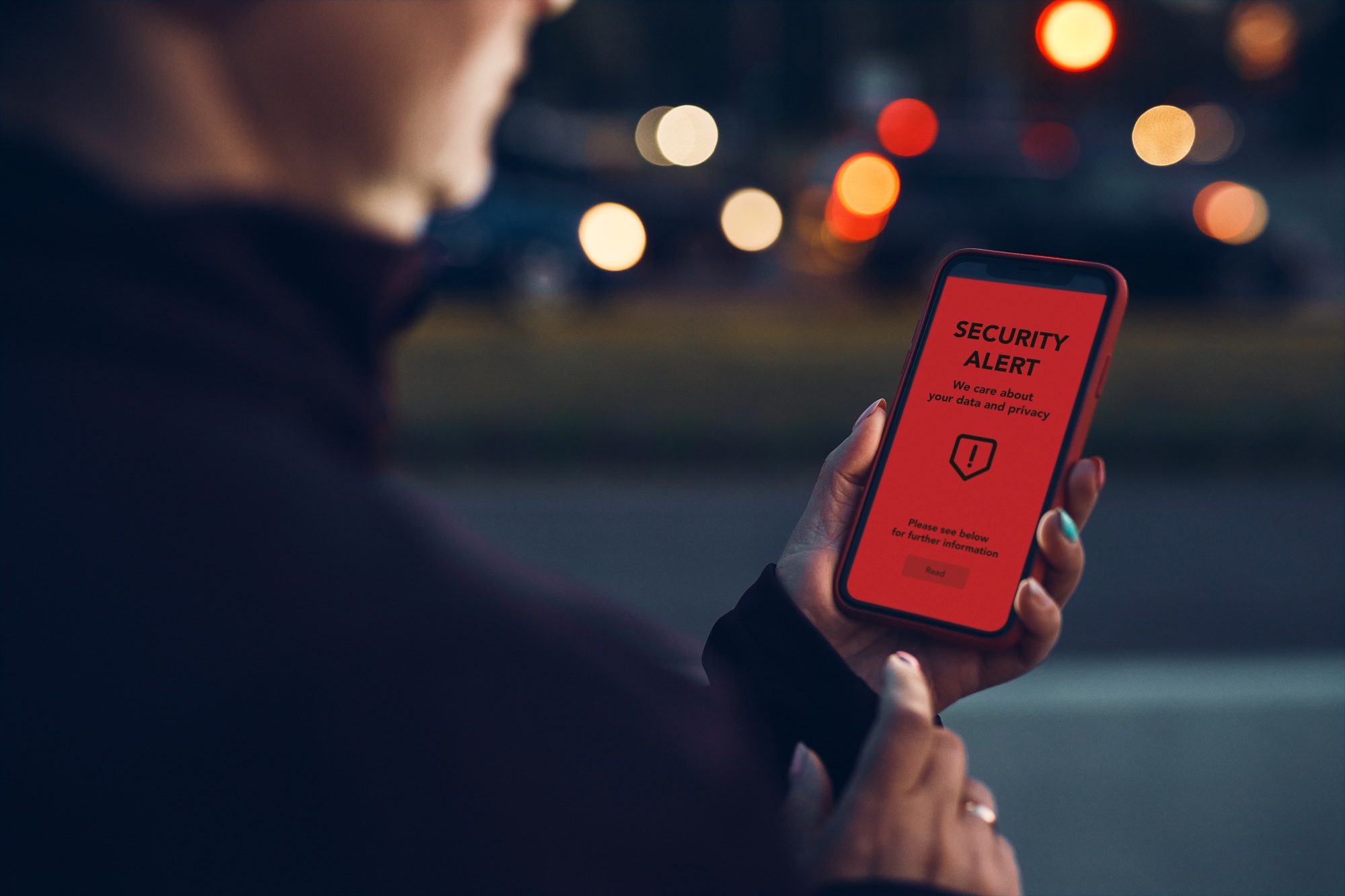
Understanding common cash app scams is crucial for small business owners to protect their finances and customers. Below are the main types of scams that target users.
Phishing Scams
Phishing scams occur when scammers impersonate legitimate sources, like Cash App customer support, to trick you into sharing sensitive information. Scammers may send fraudulent emails or texts that mimic trusted entities, often using Cash App’s branding. These messages typically contain links to fake websites designed to steal your login credentials and bank details. Legitimate emails from Cash App originate from addresses ending in @cash.app, @square.com, or @squareup.com. If a message threatens account deactivation unless you provide information, consider it a red flag.
Impersonation Scams
Impersonation scams involve scammers pretending to be trusted individuals or entities. These scammers might communicate via phone calls, emails, or texts, claiming they represent someone you know or a reputable organization. They often request funds or sensitive information. Small business owners must be vigilant, especially when confronted with unexpected requests for payments or sensitive data from “trusted” contacts. Always verify the identity of anyone asking for information before proceeding.
Fake Payment Scams
Fake payment scams involve fraudulent requests for payments that appear legitimate. Scammers may use various tactics to create urgency or legitimacy, tricking you into authorizing transactions to them. For example, they might send links to unauthorized payment requests that look similar to actual transactions. As a small business owner, always double-check payment requests, especially those that seem unusual or unexpected. Implementing strict verification processes can help safeguard against these deceptive tactics.
How to Protect Yourself from Cash App Scams
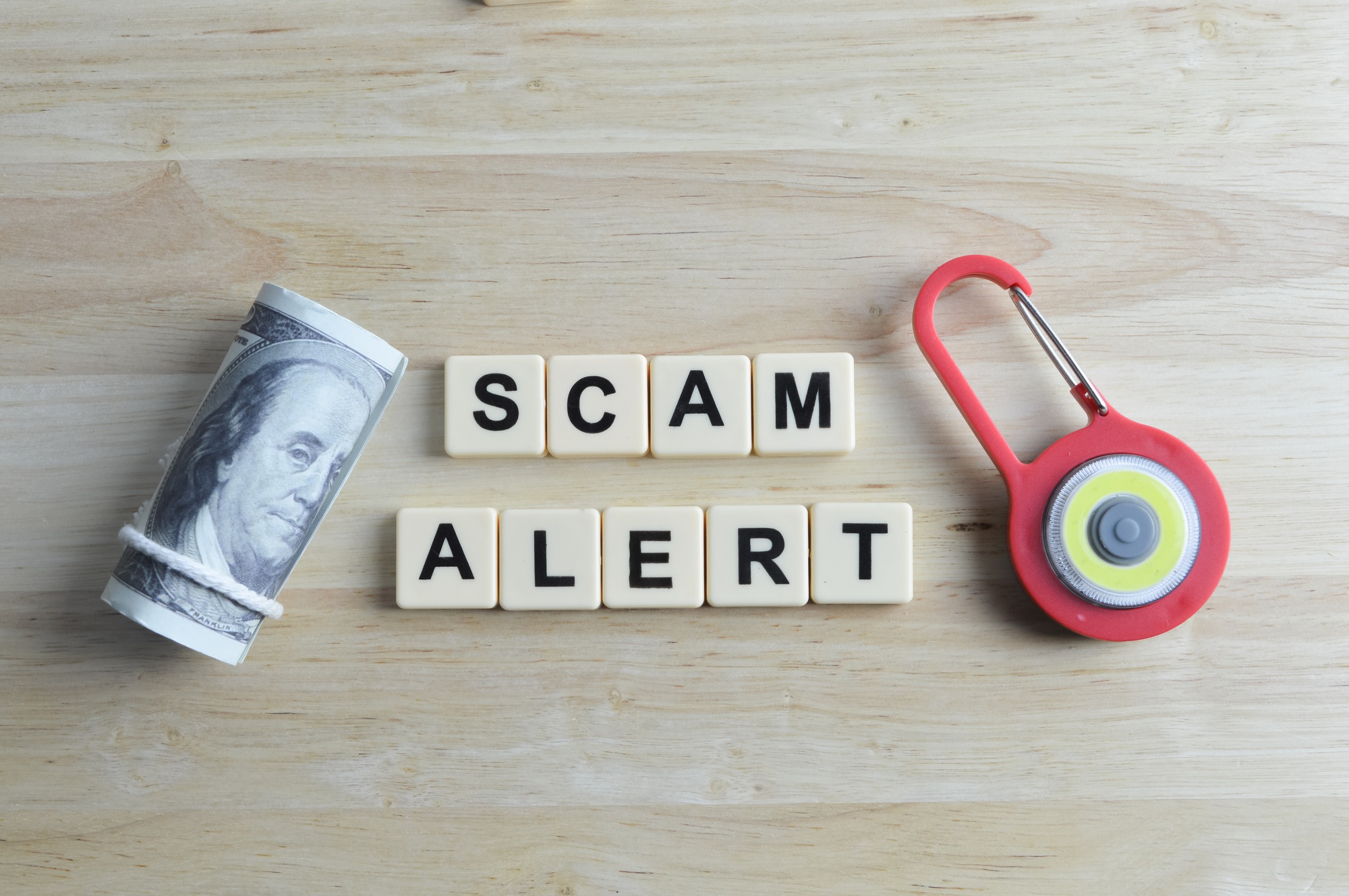
Protecting your finances while using Cash App is vital, especially when running a small business. Implementing security measures can significantly reduce the risk of falling victim to scams.
Enable Security Features
Enable advanced security features to safeguard your Cash App account. Activate the Security Lock to require a passcode, Touch ID, or Face ID for every payment. This ensures unauthorized transactions won’t occur. Utilize Two-Factor Authentication (2FA) for an additional layer of protection by requiring a one-time login code sent via email or SMS each time you log in. It’s crucial to keep Notifications enabled to receive alerts for each Cash App transaction, which helps you monitor account activity in real time.
Be Wary of Unsolicited Messages
Stay vigilant against unsolicited messages or calls that claim to be from Cash App. Scammers often impersonate representatives to steal your information. If you receive a message asking for sensitive data, it’s fraudulent. Only communicate through official channels and verify any correspondence directly through the Cash App platform.
Verify Transactions
Always verify transactions before approving any payment requests. Double-check recipient details to ensure they match legitimate contacts. If you’re running a small business, implement a verification process for significant or unusual transactions. This simple step can help prevent unauthorized payments and protect your financial health.
What to Do If You Fall Victim to a Scam

If you run a small business and fall victim to a Cash App scam, taking swift action is crucial to protect your finances and account. The following steps outline how to effectively respond and safeguard your assets.
Reporting the Scam
- Report the scam to Cash App immediately. Navigate to the Cash App support section and select the category for reporting a scam. Provide as much detailed information as possible about the incident, including transaction IDs and any usernames involved. This information aids Cash App in addressing the issue quickly.
Contacting Cash App Support
- Contact Cash App support directly. Their dedicated team is equipped to assist you in recovering lost funds and securing your account against further threats. You can reach them through the app or website to ensure a prompt response. It’s vital to communicate the details of the scam clearly, as this helps in understanding and resolving the situation efficiently.
By following these steps, you bolster your small business’s defenses against scammers and enhance overall security.
Conclusion

Staying informed about Cash App scams is essential for protecting your finances. By recognizing common tactics used by scammers and implementing security measures, you can significantly reduce your risk of falling victim. Always verify requests for personal information and transactions to ensure they’re legitimate.
If you ever find yourself targeted by a scam, act quickly by reporting it to Cash App and seeking assistance. Your vigilance and proactive approach can help you enjoy the convenience of Cash App while keeping your financial information safe. Remember, a little caution goes a long way in safeguarding your assets.
Frequently Asked Questions
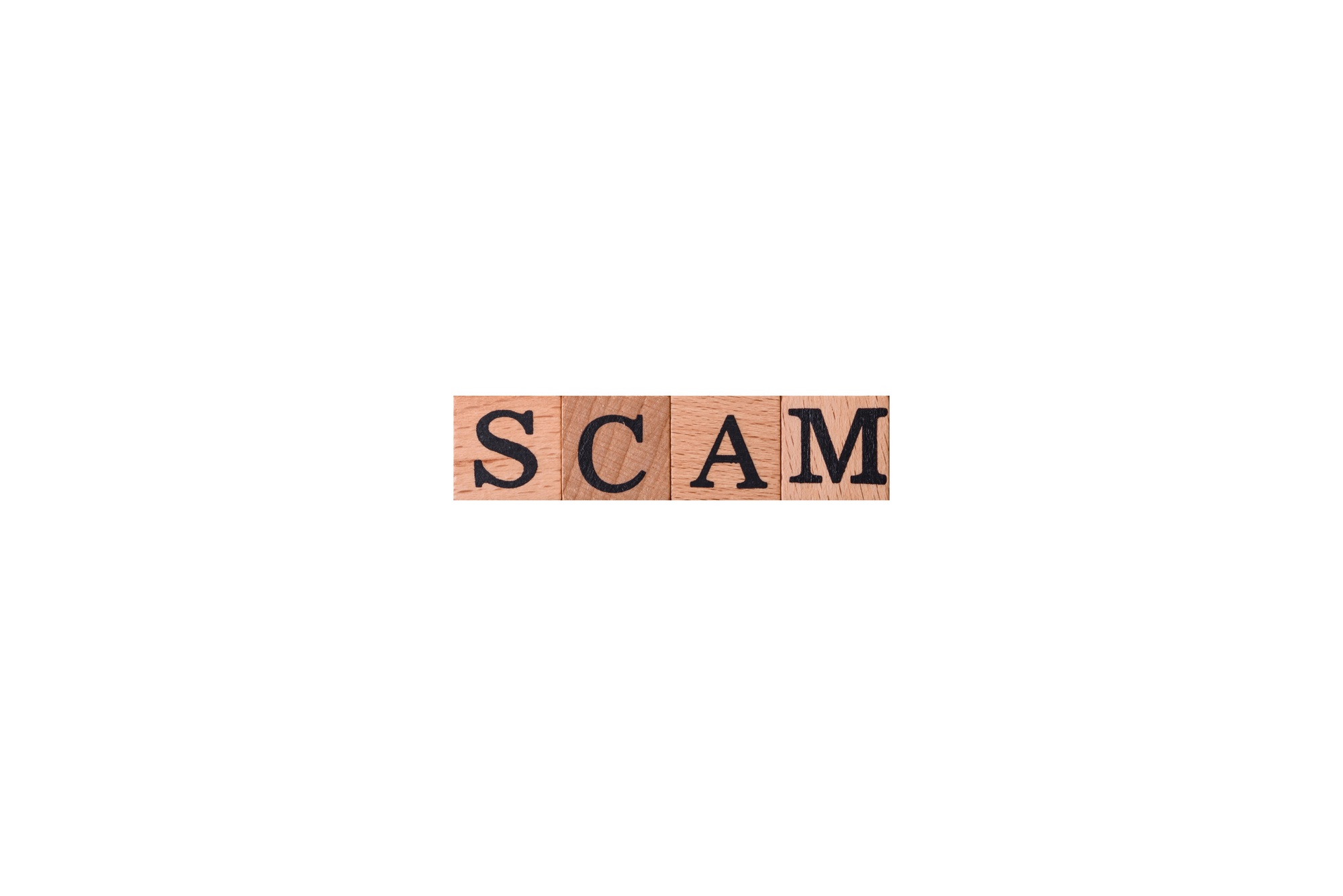
What is Cash App used for?
Cash App is a mobile payment service that allows users to send and receive money, make purchases, and manage finances conveniently. It offers features like direct deposit and a customizable Cash Card for in-store transactions.
What are common Cash App scams?
Common Cash App scams include fake customer support calls, phishing attempts via emails or texts, and payment request scams that trick users into sending money to fraudsters by creating urgency or impersonating trusted contacts.
How can I protect myself from Cash App scams?
To protect yourself, enable two-factor authentication, verify transaction requests, and remain cautious of unsolicited messages. Use the Security Lock feature and keep notifications activated to monitor account activity.
What should I do if I fall victim to a Cash App scam?
If you fall victim to a scam, report it to Cash App immediately. Provide detailed information about the incident and reach out to Cash App support for assistance in recovering lost funds and securing your account.
How do I verify if a Cash App communication is legitimate?
Verify the authenticity of Cash App communications by checking the official website or app. Be cautious of unsolicited calls or messages and never share personal information unless you have directly initiated the contact.
Image Via Envato: chernikovatv, MargJohnsonVA, FabrikaPhoto, innu_asha84, przemekklos, fauziEv8, ThamKC


